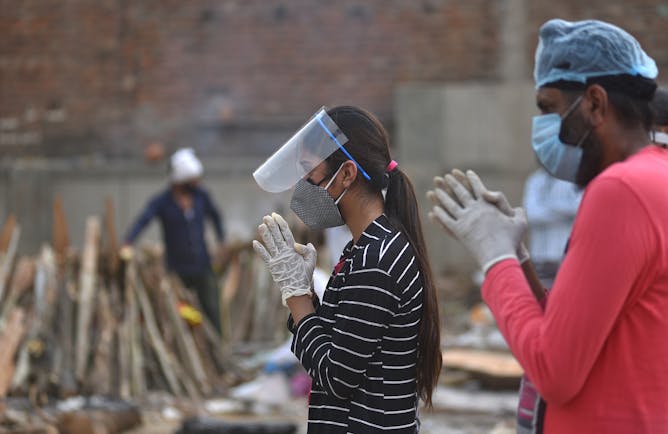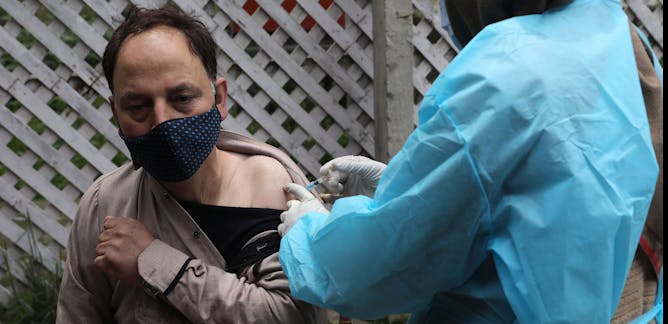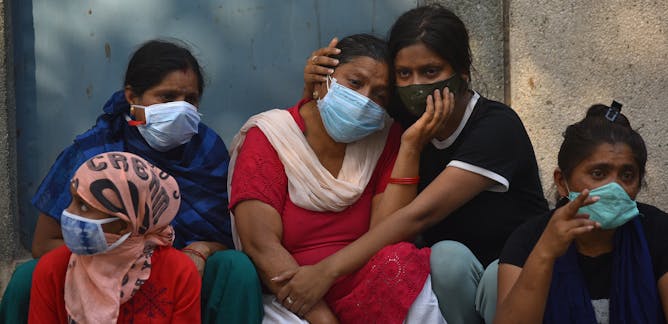|
India is a high-risk setting for an epidemic. But the current situation was not inevitable, argues Vageesh Jain. Complacency gave the coronavirus an opportunity to spread. Proportionally more cases have progressed into deaths this time around because the health system was overwhelmed. Supplies of oxygen, ventilators, health workers and beds are critically low in hotspots like Delhi. But the fact that so many require medical care in the first place, is a symptom of longstanding structural deficiencies in the Indian health system. For future epidemics, bolstering hospital capacity will be necessary but not sufficient. Death must be averted not
just by treating disease, but by preventing it altogether.
Countries around the world are struggling to deal with record numbers of new COVID-19 infections. This is particularly true in developing nations. Yet action to level the playing field when it comes to access to vaccines has still not been taken. Andrew Pollard sets out why rich countries have a moral duty to share their COVID-19 shots while Rob Reddick explains what actions could be taken.
|

Idrees Mohammed/EPA
Vageesh Jain, UCL
The deep-rooted issues at the heart of the current crisis.
|
|
|

Andrew Pollard, University of Oxford
We cannot look back in the future and
know we could have done more.
| |

Rob Reddick, The Conversation
Pressure is mounting to get COVID vaccines to where they are most needed.
|
|
|
Energy + Environment
|

Sam Purkis, University of Miami
Scientists watched in real time as rising ocean heat transformed the sprawling reef. It was a harbinger for ecosystems everywhere as the planet warms.
| |

Nicholas R. Longrich, University of Bath
Given tens of millions of years, wildly improbable events – like primates crossing oceans – are almost a given.
|
|
|
Health + Medicine
|

Nerys M Astbury, University of Oxford; Carmen Piernas, University of Oxford; Min GAO, University of Oxford
Risk due to increasing BMI is particularly notable in people younger than 40 years and black people.
| |

John McLauchlan, University of Glasgow
Direct-acting antivirals have mostly been used in countries with high incomes. These drugs would be effective against most hepatitis C strains. which are primarily low-income countries.
|
|
|
En Français
|

Benoît Tonson, The Conversation
Dans le podcast Zootopique, nous vous vous proposons une immersion en 2031 pour interroger nos relations avec les animaux.
| |

Aaron P Davis, Royal Botanic Gardens, Kew; Delphine Mieulet, Cirad
Tandis que le changement climatique met en péril la culture de l’arabica, la redécouverte d’une délicieuse espèce sauvage à la Sierra Leone pourrait redonner espoir aux caféiculteurs.
|
|
|